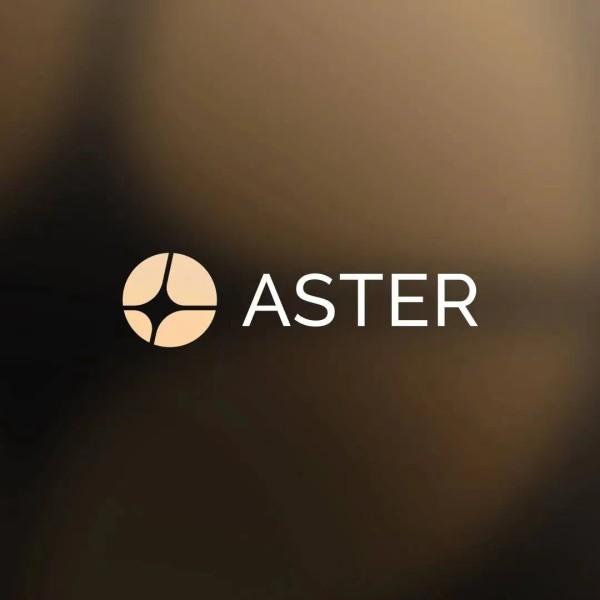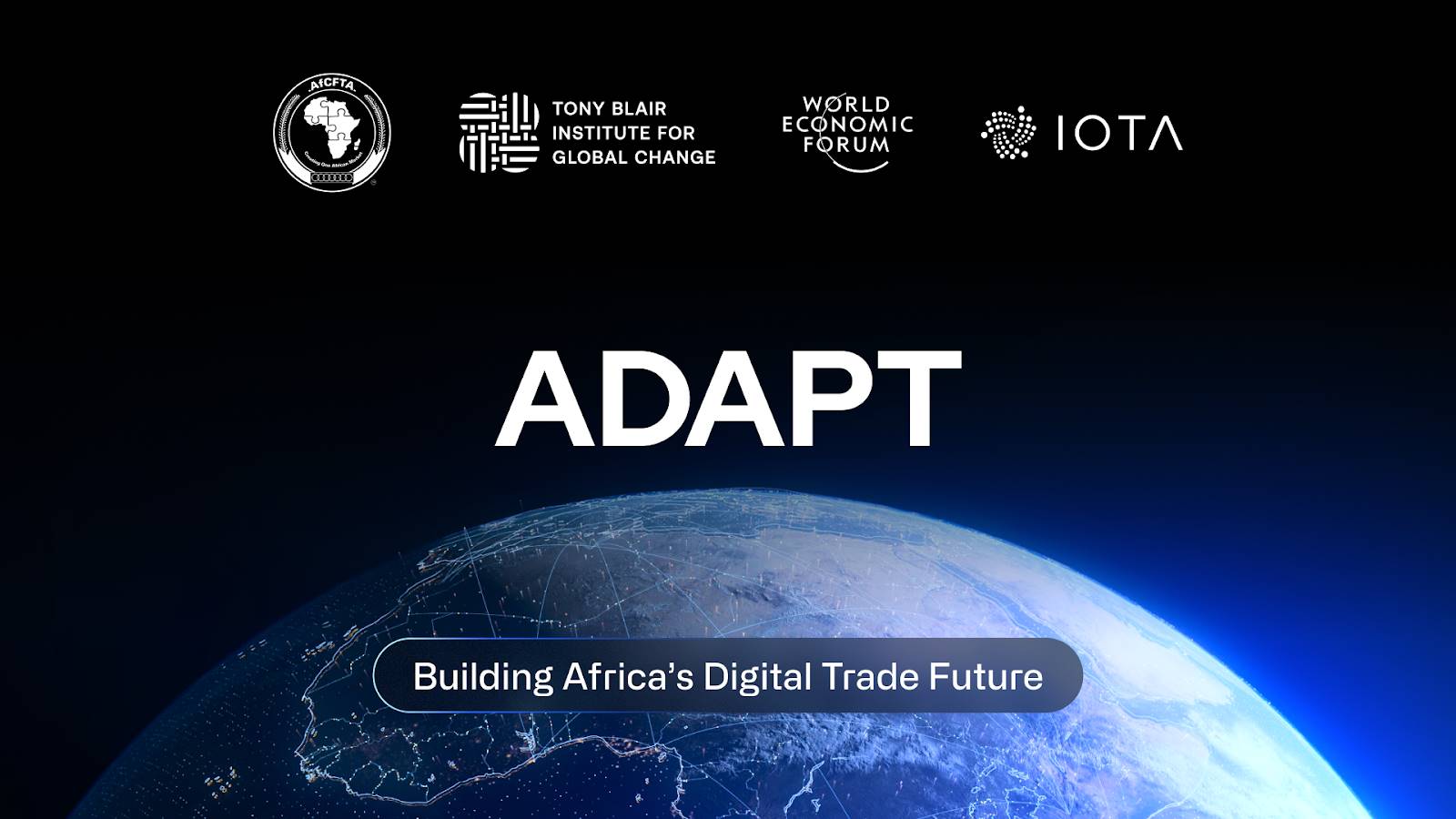Dialogue with Anoma Co-founder: No Innovation After Ethereum, but Intent Will Change Everything
Chainfeeds Guide:
Let’s explore Anoma’s intent-centric product design philosophy, ecosystem development progress, and future roadmap.
Source:
Author:
TechFlow
Opinion:
Adrian Brink: Anoma is a Web3 distributed operating system where users’ favorite applications can run seamlessly across different chains, regardless of where they are hosted. We can think of Anoma as Windows 95: whether the underlying hardware is an Intel CPU or an AMD CPU, software like Microsoft Word can run “out of the box.” Similarly, Anoma allows your applications to run wherever the operating system exists. I use Windows as an example because it’s more widely known, but Anoma is actually fully open source, closer to early versions of Linux, except Anoma places more emphasis on ease of use. Early Linux was very difficult for most people to use, while Windows struck a balance between openness and usability, which is also the goal we pursue in Anoma. If you want to build applications on Anoma, feel free to contact me on Telegram, and we can discuss how to provide the best support for you. Regarding RWA and AI topics, what excites me now is that most people are still in the “pre-intents” stage. Although some have started designing dedicated intent solutions for specific trading scenarios, in AI-driven RWA applications, we need thousands of general intents, but currently, there is almost no infrastructure capable of supporting all of this. Anoma is currently the only place where you can start building on open, intent-native infrastructure, whether you’re working on AI or RWA applications. I don’t favor any particular RWA team, but there are indeed some interesting teams. RWA is strongly related to local markets. For example, if you want to tokenize Chinese stocks, the team will almost certainly be in Hong Kong; if it’s tokenizing US stocks, the team is most likely in the US. The challenge is how to connect these globally. We need to build multiple trust models so that users can handle tokenized Chinese and US stocks in one application at the same time. This is exactly where Anoma’s advantage lies: providing strong support for such applications and scenarios. When I think about what Anoma is doing, I’m also excited about our development: today’s financial systems are still built on technology from the 1960s to 1980s, designed for an era when the internet was not yet widespread, user numbers had not exploded, and attacks were limited. Today, this system is outdated. Anoma is rebuilding the financial coordination layer: providing a modern collaborative infrastructure for banks, nations, and communities to build their own financial systems. In this sense, Anoma’s open-source tech stack is the ideal path to upgrade outdated financial systems to the new era. As the internet scales, we need more robust financial coordination infrastructure, and Anoma is the perfect solution. I’m especially looking forward to adoption by enterprises, especially Web2 companies, because in my view, no company would trust the global Ethereum network to secure its systems—they would rather maintain their own sovereign infrastructure. Anoma was born for this: you can deploy Anoma internally within your company and independently decide which data and interoperability capabilities to make public. Once you start making some information public, many applications can not only connect to your sovereign stack but also to the global Anoma network and even applications on Ethereum, enabling global collaboration. Users can seamlessly switch between local, enterprise, and global infrastructure. For example, if you are a bank and want to support users depositing ETH, you currently have to do custom integration with Ethereum. In the future, you can directly integrate Anoma, run a local Anoma instance within the bank, and users can transfer ETH into your local Anoma instance.
Disclaimer: The content of this article solely reflects the author's opinion and does not represent the platform in any capacity. This article is not intended to serve as a reference for making investment decisions.
You may also like
Aster announces a $10 million trading competition, combined with Stage 4 airdrop and Rocket Launch incentives, driving multi-layered growth in platform depth and liquidity.
After achieving strong performance in Stage 3, Stage 4 (Harvest) airdrop plan was launched, and the “Double Harvest” trading competition with a total reward of 10 million USD will be introduced on November 17.

Mars Morning News | Federal Reserve officials send strong hawkish signals again, December rate cut in doubt
The crypto market has generally declined, with bitcoin and ethereum prices falling and altcoins experiencing significant drops. Hawkish signals from the Federal Reserve have affected market sentiment, and multiple project tokens are about to be unlocked. Early ethereum investors have made substantial profits, and expectations for a continued gold bull market persist. Summary generated by Mars AI. The accuracy and completeness of this summary, generated by the Mars AI model, are still being iteratively improved.

IOTA collaborates on the ADAPT project: Building the future of digital trade in Africa together
IOTA is collaborating with the World Economic Forum and the Tony Blair Institute for Global Change on the ADAPT project. ADAPT is a pan-African digital trade initiative led by the African Continental Free Trade Area. Through digital public infrastructure, ADAPT connects identity, data, and finance to enable trusted, efficient, and inclusive trade across Africa.


